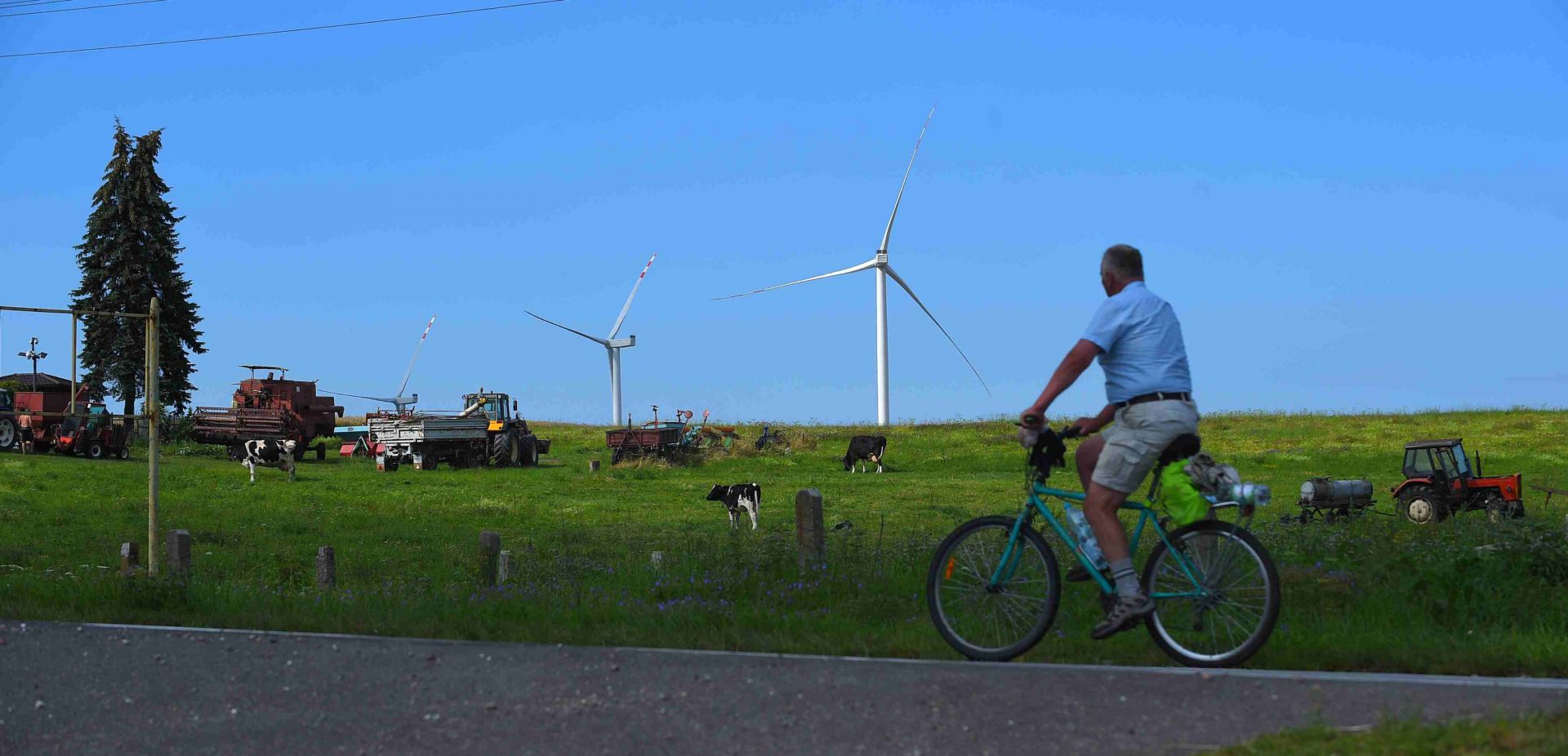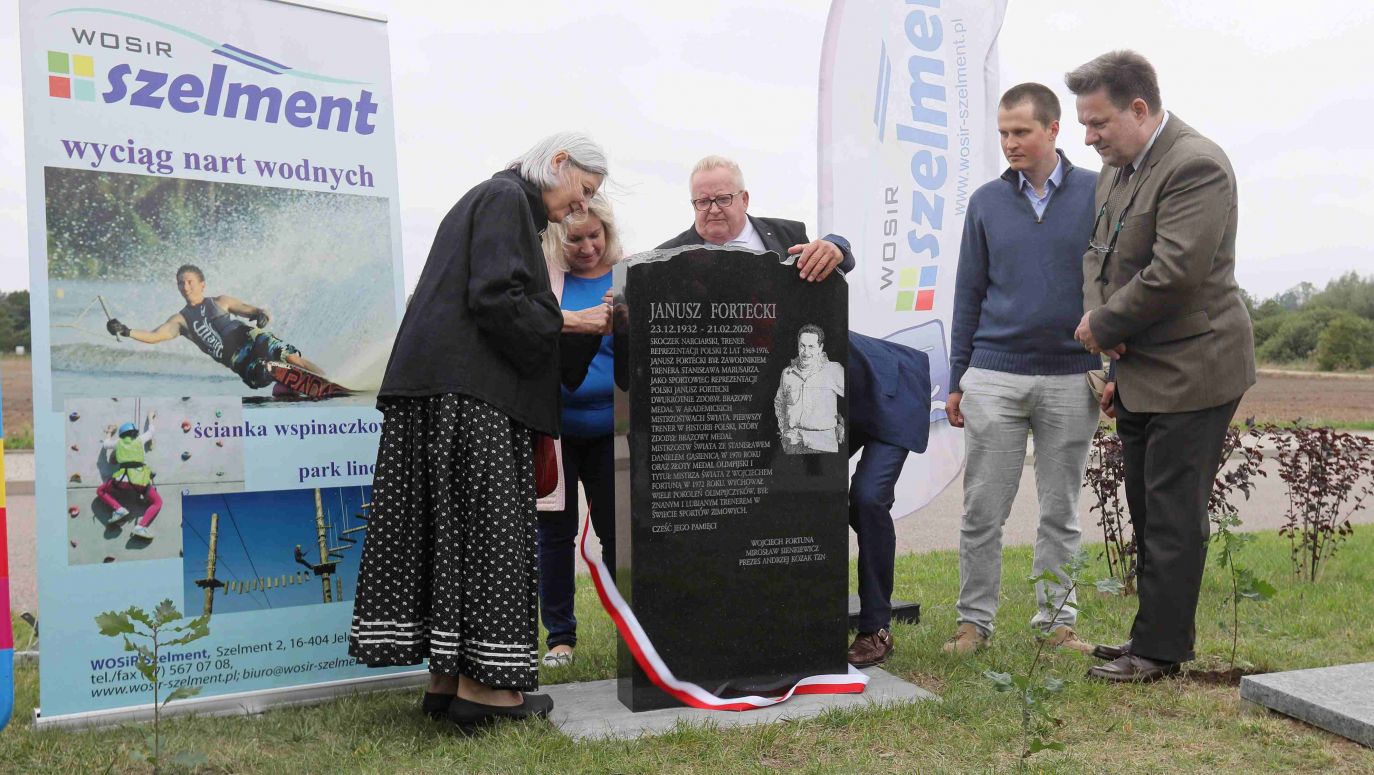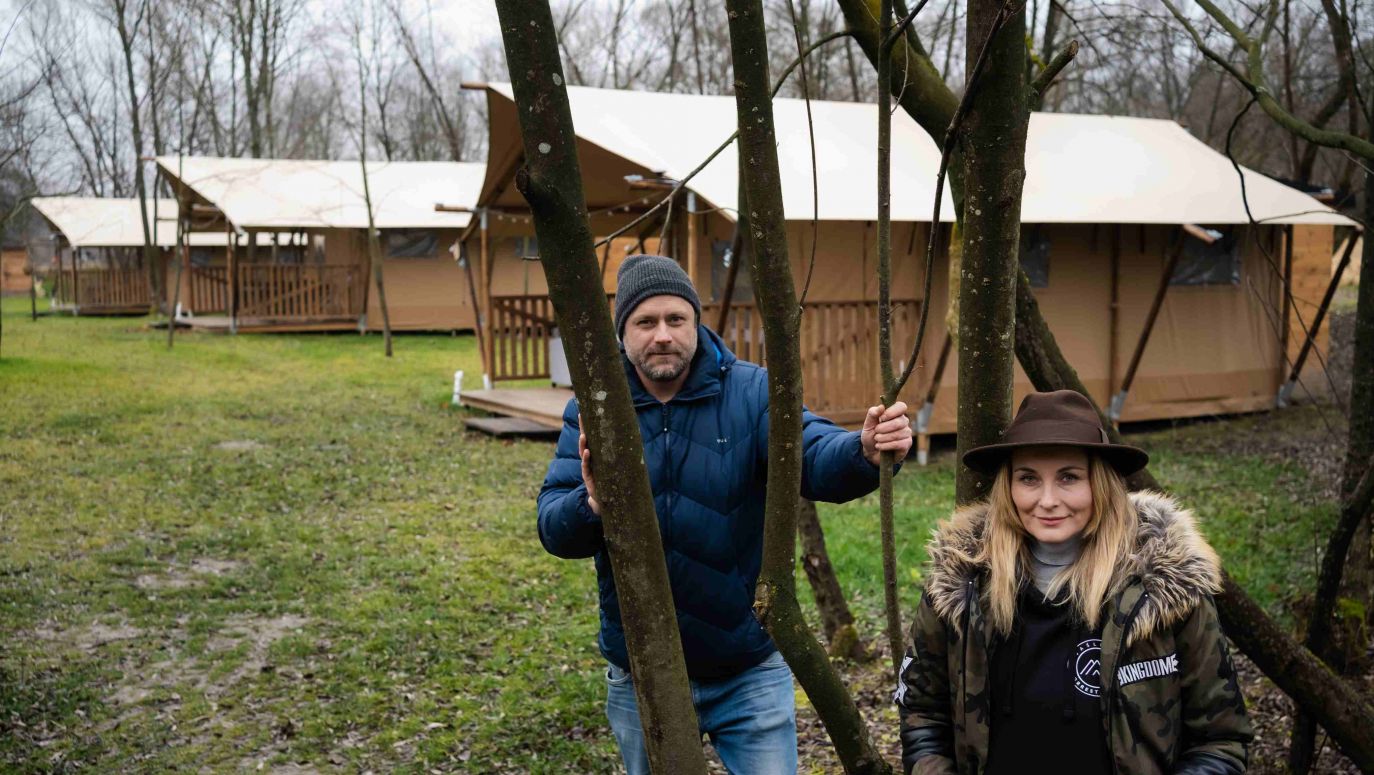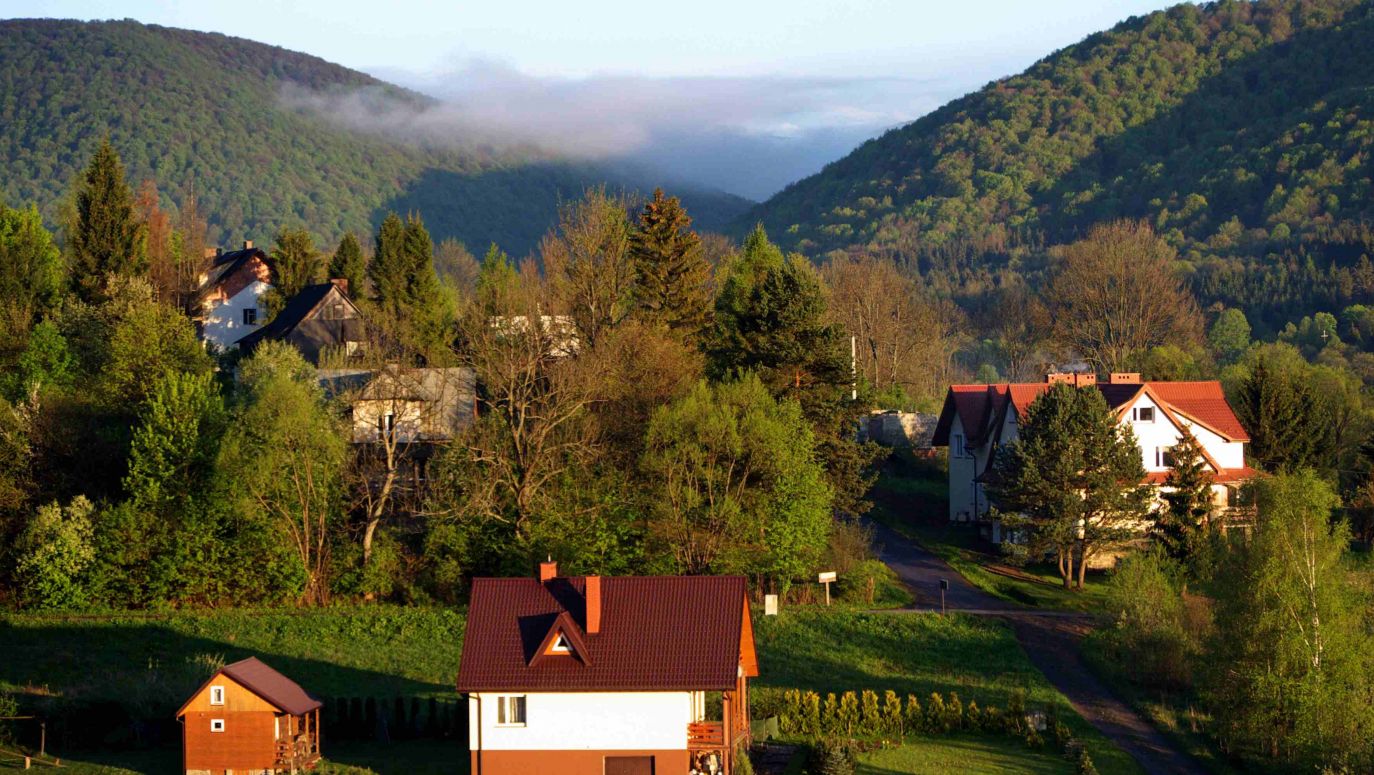Janusz Rewiński, or the popular 'Siara' from 'Kiler', Leszek Lichota from 'Wataha' (The Pack), Piotr Pręgowski from 'Ranch', Rudi Schuberth from 'The Singing Pianos' or Michał Żebrowski, the legendary 'The Witcher', are just a few examples of domestic celebrities who have changed their lives, left the crowded capital city and moved to the end of the world to enjoy the charms of the Polish countryside.
Others are following suit. Last year alone, as many as 50 000 Poles decided to leave the cities and settle in the countryside. This is a historic result, as the last such large migration from the city to the countryside took place in 2008, i.e. before the financial crisis.
Furthermore, according to calculations made by Krystyna Szafraniec of the Institute of Rural and Agricultural Development, one in three people from rural areas who have graduated return to the countryside. It is mainly people with low levels of cultural and economic capital who leave. The blissful tranquillity is also not appreciated by the youngest residents. A study that was carried out on high school graduates showed that only 12 per cent of women currently living in the countryside want to stay there.
 SIGN UP TO OUR PAGE
SIGN UP TO OUR PAGE

According to experts, it is mainly the metropolitan 'bourgeois' who dream of their own hermitage in the Bieszczady Mountains or Suwalki region. This is confirmed by an analysis of the CBOS social research centre: wealthier and better educated people, such as Ewelina Zych-Myłek, owner of a foundation, who moved from Warsaw to a charming house near the eastern border because she wanted better living conditions for her child, are more likely to move to the countryside. br>
So what has happened that the hollow, which until recently, in large conurbations, was associated with communism and backwardness, has suddenly become attractive, even trendy?
Celebrities in an eco version
"A lot of the credit for this goes to show business people who, although they have been moving out of the agglomeration to the countryside for many years, have never particularly boasted about it before," argues Marcin Leoszko, chairman of one of the regional tourist organisations and a member of the Union of Entrepreneurs and Employers, who himself moved from 300,000-strong Bialystok to Lipowiec near Augustów. "The red carpet was very much in conflict with wheat and rye cultivation or animal husbandry. However, for a few years now the trend has changed and celebrities are even competing to see who is more eco-rural".
Exodus was started by Janusz Rewiński, a legend of Polish cabaret. Today he owns 12 ha in Dzielniki near Mińsk Mazowiecki. He already functions more as a farmer, not the king of life from "Tigers of Europe". He breeds horses, sheep, goats or chickens. He is not worried about the price of coal, as he secures his own fuel for the winter in the form of wood. He has his own pond, pastures and meadows.
Although it wasn't exactly a 'drop everything and go to the Bieszczady' choice. The actor admitted that at a certain point in his career he stopped receiving offers for roles. There was also a bit of his fault in this. He himself turned down a TV show. He turned down an offer to play the role of Ferdinand Kiepski, which, as it later turned out, provided financial stability for 20 years.

 SIGN UP TO OUR PAGE
SIGN UP TO OUR PAGE
 According to experts, it is mainly the metropolitan 'bourgeois' who dream of their own hermitage in the Bieszczady Mountains or Suwalki region. This is confirmed by an analysis of the CBOS social research centre: wealthier and better educated people, such as Ewelina Zych-Myłek, owner of a foundation, who moved from Warsaw to a charming house near the eastern border because she wanted better living conditions for her child, are more likely to move to the countryside. br>
According to experts, it is mainly the metropolitan 'bourgeois' who dream of their own hermitage in the Bieszczady Mountains or Suwalki region. This is confirmed by an analysis of the CBOS social research centre: wealthier and better educated people, such as Ewelina Zych-Myłek, owner of a foundation, who moved from Warsaw to a charming house near the eastern border because she wanted better living conditions for her child, are more likely to move to the countryside. br>







